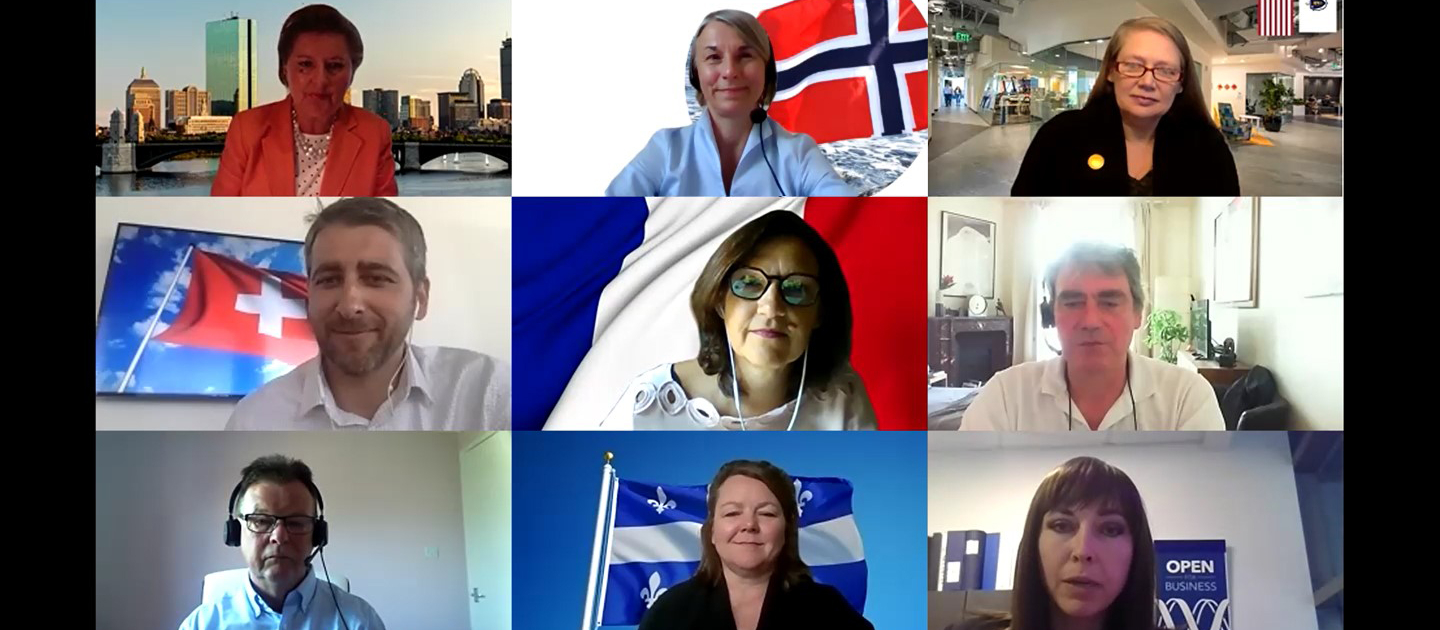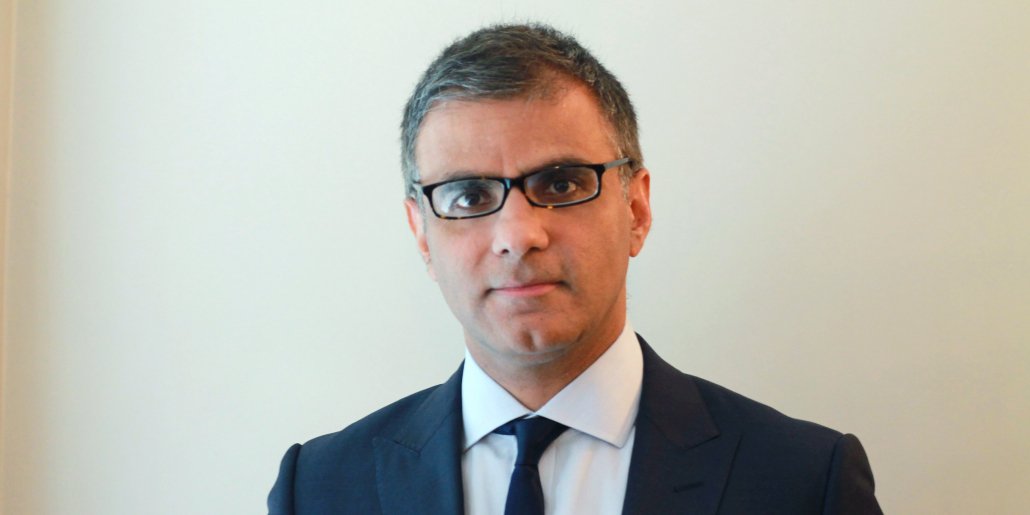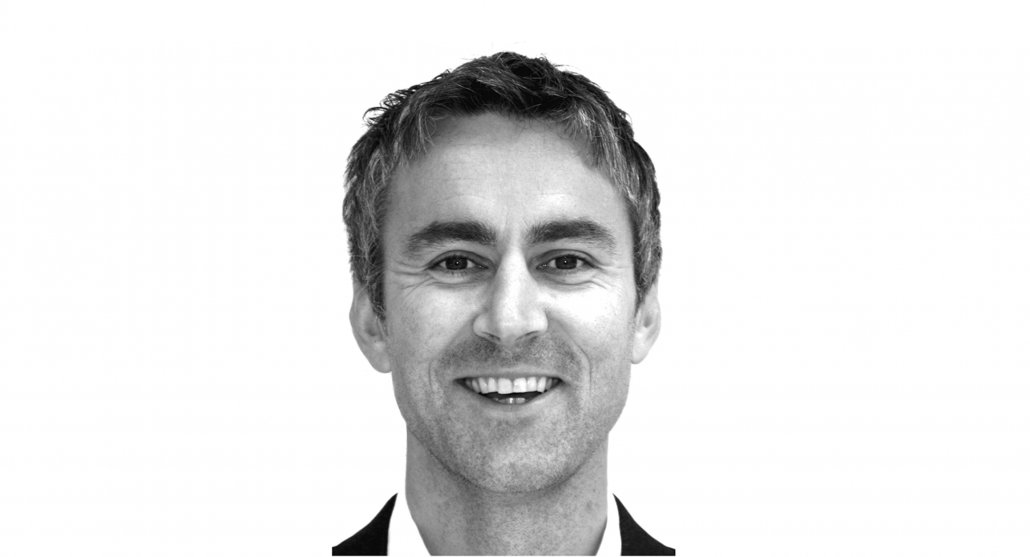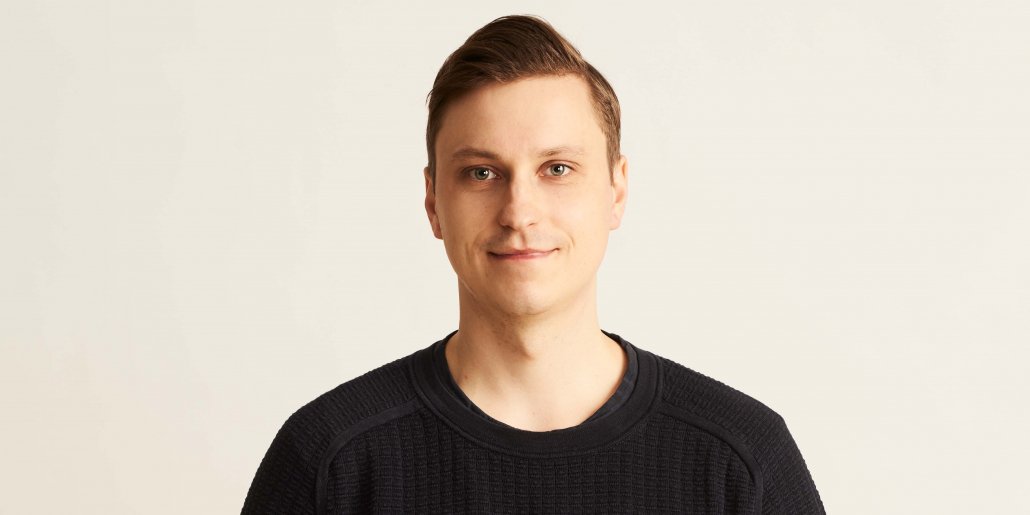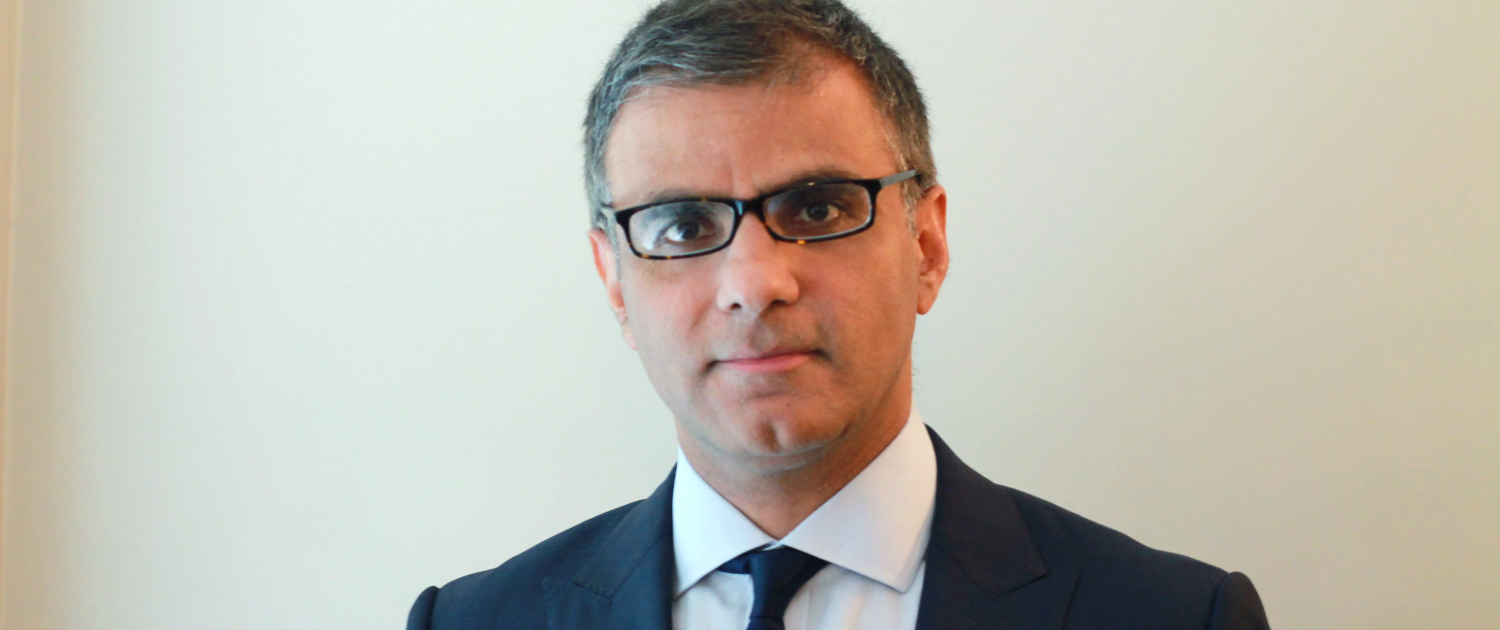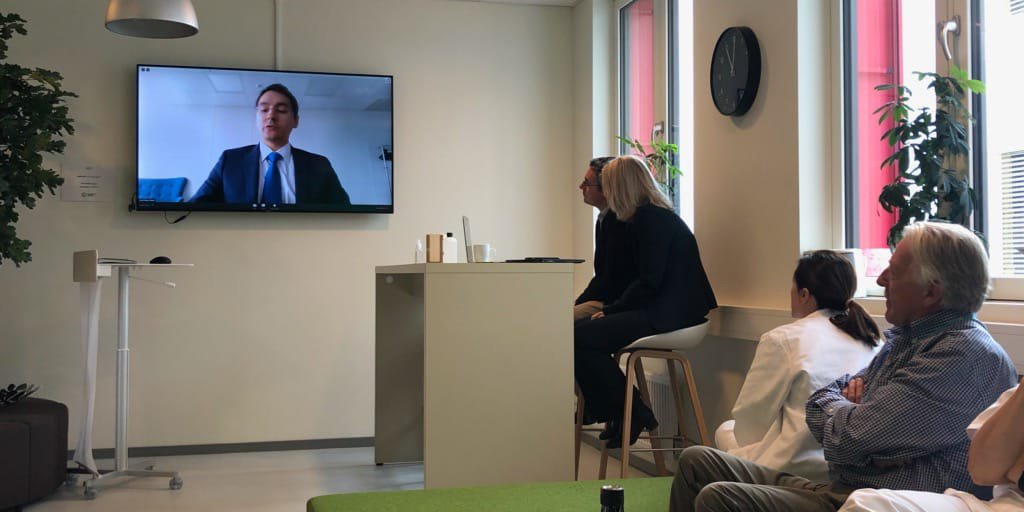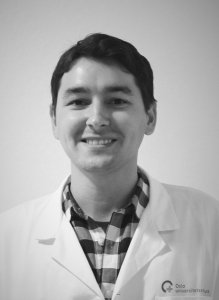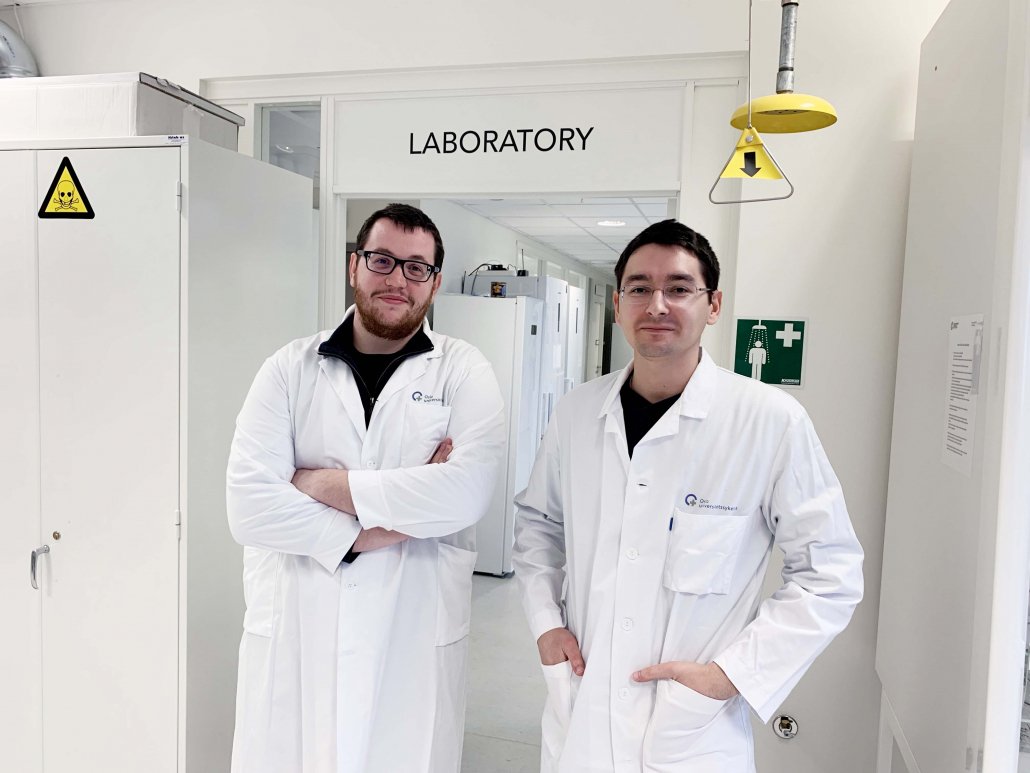Helping teens in the hospital
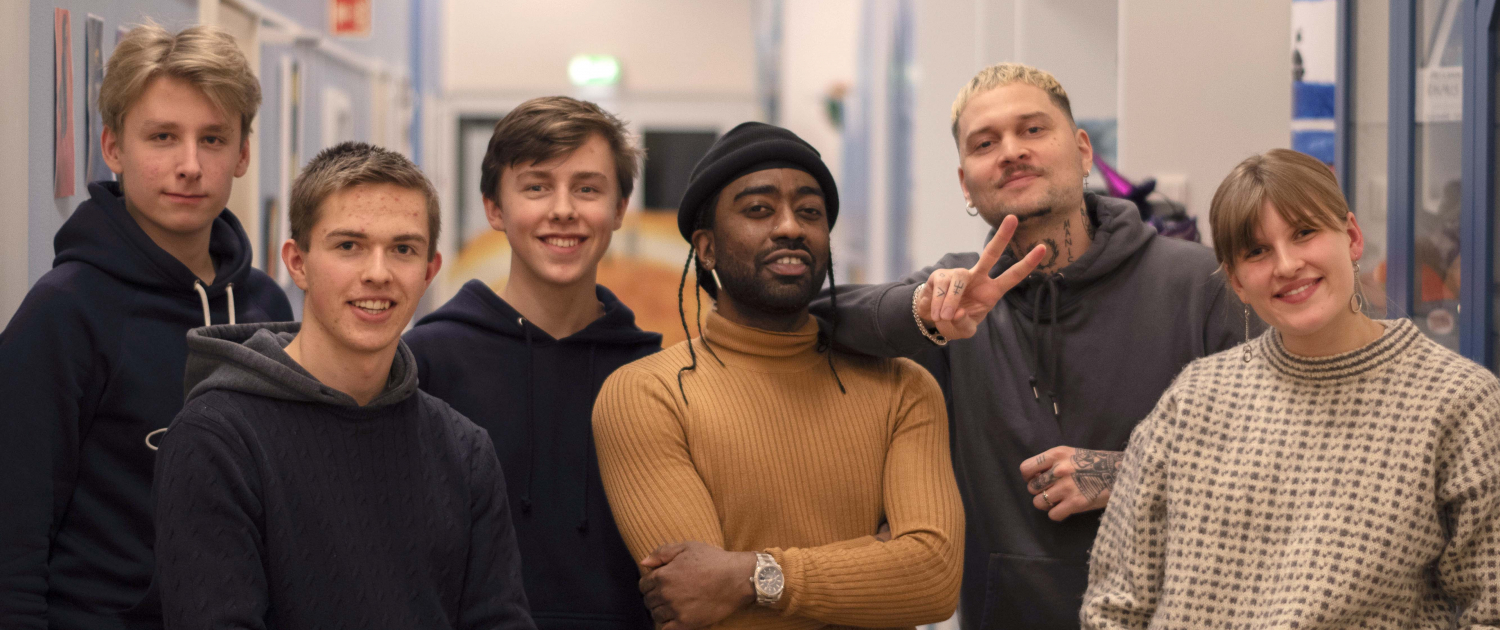
This article was originally written in Norwegian and published on our School Collaboration website.
Ullern students helped teenagers in the hospital while learning how to become entrepreneurs.
GLIMT UB, a youth company at Ullern Upper Secondary School, wants to give chronically ill teenagers the activities they need while they are in hospital. The pizza night with the famous Norwegian rappers Arif and Unge Ferrari was a big success, but then the corona pandemic put a temporary stop to the newly started company.
“GLIMT offers teens in hospital different activities, which are planned and carried out by other teens. We offer an arrangement for the hospitals, which is better adapted and more resource-efficient.”
Teenagers who stay in the hospital for long periods of time are often isolated and have few other fulfilling activities in their everyday lives. GLIMT UB decided to do something about this and thought of the idea to arrange pizza nights at the hospital, inviting famous people as guests for the young patients.
The concept was a success and the pizza night with Arif and Unge Ferrari at Rikshospitalet in January 2020 attracted five times as many young patients as other activities. Arif and Unge Ferrari hung out with the teens who are staying in the hospital because of different illnesses. The night was spent eating pizza, playing cards and beading.
“The mother of one of the patients said that we need to come back and arrange this more times. She insisted that this was an important optional activity because it was planned by teens for teens,” said Tyra Kristoffersen.
Tyra has worked in GLIMT UB, together with the other Ullern students Andreas Bjurstrøm, Carl Ruge, Miriam Idsøe and Alexander Floskjer, during the last school year.
Young patients are isolated
“During the age when you have the greatest need to be social and gain new experiences, one group is getting left out of the traditional social framework. Across Norway, there are children and young adults staying in hospitals and, in spite of both internal and external measures, many end up being isolated from the rest of society. The age group 13 to 19 is a very challenging group to reach and they lack adequate activities. To improve the health service in Norway, we need better adapted activities for this age group.”
This quote is from GLIMT UB’s business plan, which awarded the company first place in the category Best Business Plan in the Oslo Championship for Young Entrepreneurs.
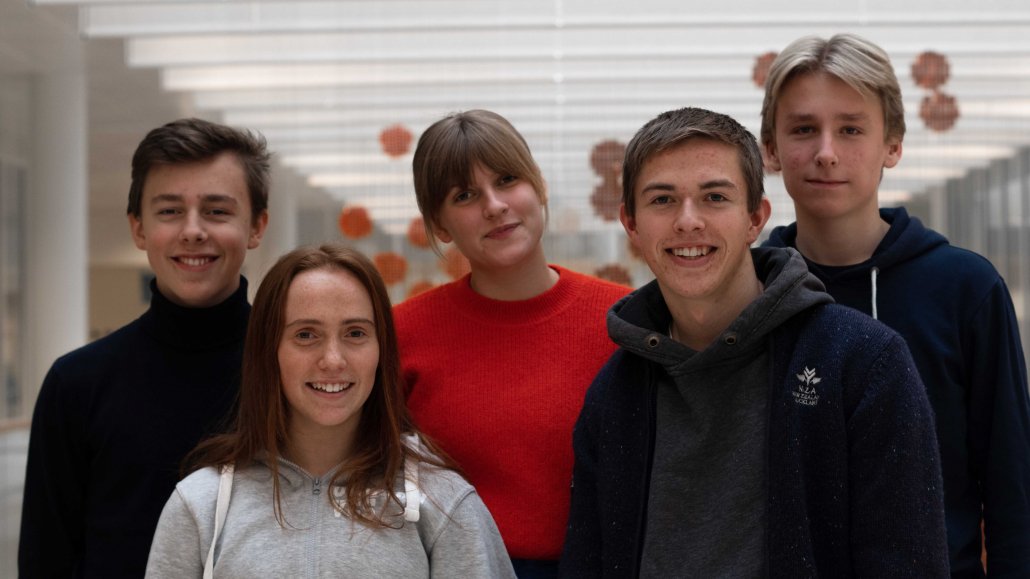
The team behind the youth company GLIMT UB gathered at Ullern Upper Secondary School. Photo: GLIMT UB’s Facebook page
The concept of GLIMT is based on young, famous people’s motivation to help young people in a challenging situation, without getting paid for their time.
“If we had paid the celebrities to come, this wouldn’t have worked because the hospitals have such a limited budget. The famous people still benefit from positive mentions in social media and can use the activity to promote themselves if they wish,” Tyra said.
Before the corona pandemic, GLIMT UB had planned several pizza nights at Rikshospitalet, since the first one was such a success.
“We have been in touch with several celebrities, such as Herman Flesvig, Ulrikke Falck and Tix, who were all very positive to participate. Unfortunately, the corona pandemic forced visitation restrictions in place at hospitals in Norway, so we couldn’t arrange more pizza nights than the one with Arif and Unge Ferrari,” Tyra said.
The students behind GLIMT UB still think they have learned a lot.
A valuable mentor
Entrepreneurship is one of many subjects that the students at Ullern Upper Secondary School can choose in their second or third year. The students learn how to start a company and the theory behind what makes some businesses succeed and why other businesses fail.
The students also need to establish and run their own youth company during the course.
The team behind GLIMT UB considered an idea about redesign, but scrapped it when they realised that this was a concept that many youth companies were interested in.
“We started thinking about what is close to our school and of course the hospital is right next door. We discussed with our entrepreneurship teacher Karin if we could think of something in relation to that. We quickly found out that teens in the hospital don’t have many activities. The younger kids get visits from hospital clowns and their own playroom,” Tyra said.
At the Norwegian Radium Hospital, there are however not many young adults admitted. Most teenage patients are at Rikshospitalet and Ullevål.
“Through our mentor Bente, we got in touch with the activity leader for teenagers at Rikshospitalet and Ullevål. He liked our idea a lot, and other people were also positive, so we just had to keep working,” Tyra said.
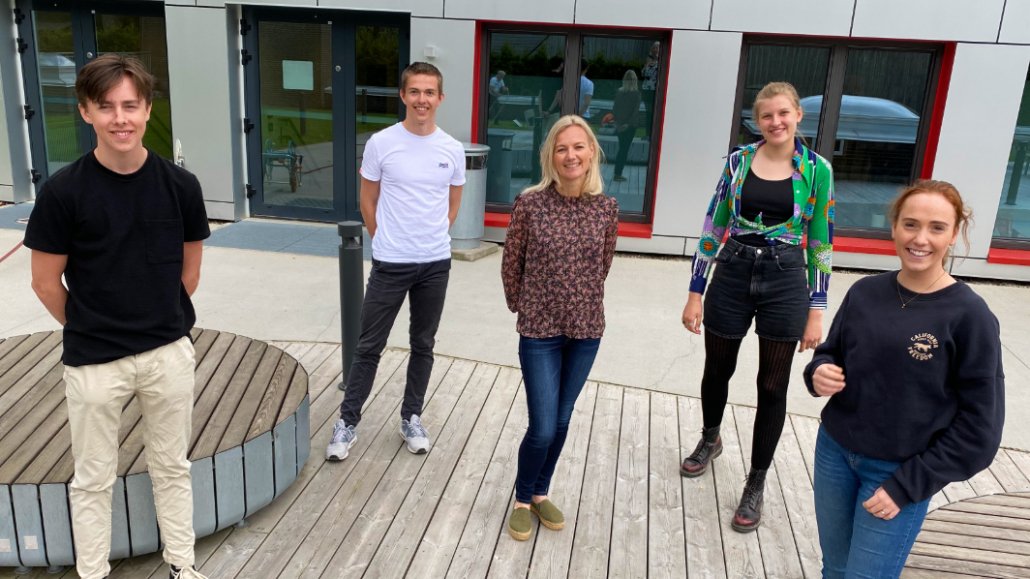
Mentor Bente Prestegård and the students Andreas Bjurstrøm, Carl Ruge, Tyra Kristoffersen and Miriam Idsøe, standing outside Ullern Upper Secondary School. Alexander Flåskjer is also a part of the GLIMT team, but was unfortunately not present on the day the image was taken. Photo: Elisabeth Kirkeng Andersen
Bente, that Tyra mentioned, is Bente Prestegård. She is a project manager in Oslo Cancer Cluster and one of her many projects is the school collaboration between Ullern Upper Secondary School and Oslo Cancer Cluster.
“I have had a few meetings with the students behind GLIMT. I have specially advised them about how to relate to patients and staff in the hospital, and I helped them with pitch training in advance of the Oslo Championship in Young Entrepreneurship,” said Prestegård.
Prestegård thinks that it is a lot of fun to be a mentor for GLIMT and she is impressed about how driven the students have been and how much they have accomplished, even though the corona pandemic but a sudden stop to the company’s activities in March.
The students also learned a lot from Bente’s advice and are grateful for all the coaching they have received while running the company.
“Bente introduced us to several key people at Oslo University Hospital, which was very valuable for us. She is also very knowledgeable about the economy and has given us a lot of good input on that aspect too,” Tyra said.
Learning in practice
It is June now and homeschooling is fortunately over, but there are still strict visitation rules at Norwegian hospitals because of the pandemic. GLIMT UB is dissolved since the school year is over and the students have gained a sense of what it is like to be a founder.
“It has been fun and educational. We would, of course, had wanted to do more for these teens, but hopefully, the hospitals across the country can be inspired by our idea,” said Carl, the company’s interim manager.
One thing that has been challenging for GLIMT is to find a way to make money out of the idea since the hospitals have limited resources.
“We still had NOK 7 000 left in our budget this year, which we have donated to Oslo University Hospital,” said Tyra.


